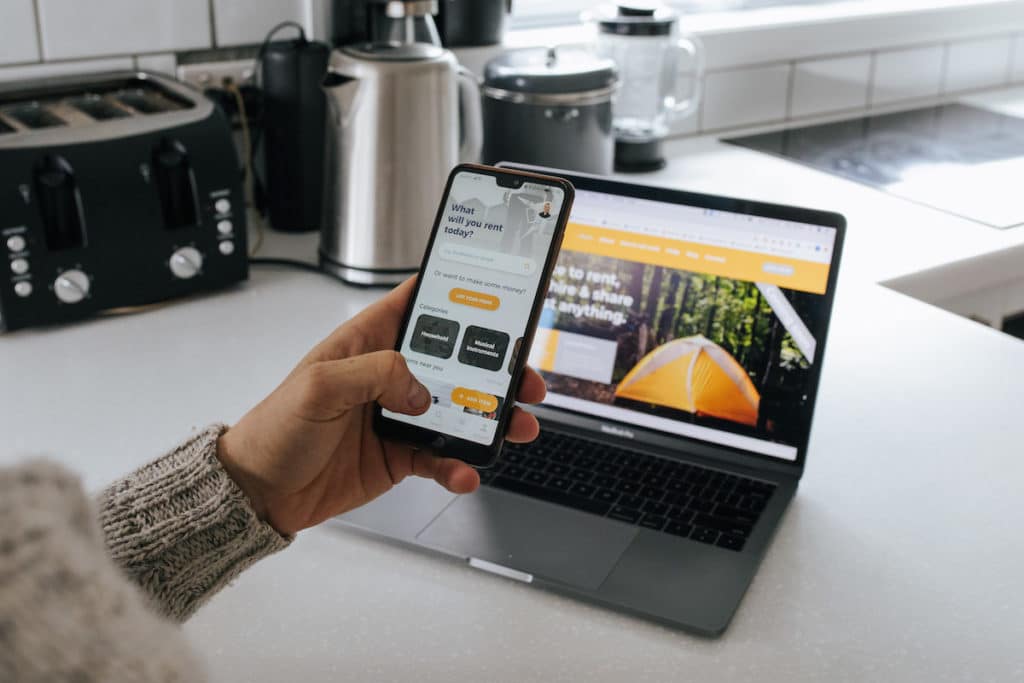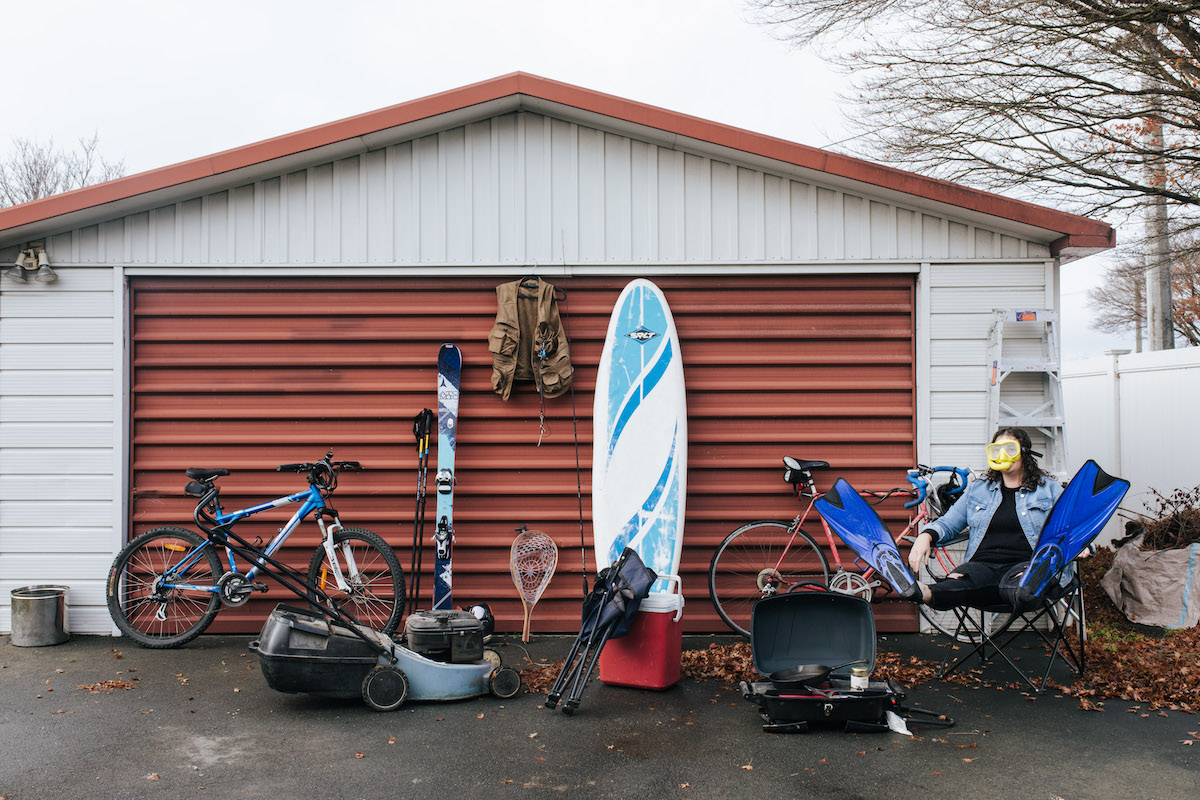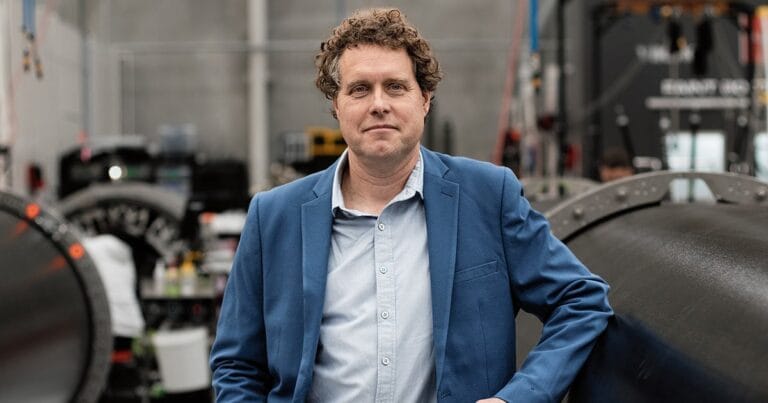We’ve all been guilty of overspending at some point. We panic-buy during sales, get caught up in fast fashion trends, are constantly urged to upgrade to the latest model of whatever gadget is popular, and talk ourselves into purchases we don’t actually need just because it was such a great deal. The fact that you don’t even need to leave your home to go shopping anymore does nothing to help our impulsive buying and materialistic behaviours, either.
With consumer spending continuing to increase year-on-year, it seems like this trend of “more is more” is here to stay. The sad thing is, all this “stuff” we are buying ends up in landfills. Whether we use it just once, every year, or not it all, we toss it to the back of our closets and garages until things start to overflow, and we end up doing a big clear out trip to the tip.
Then there is the fact that so much of what we buy is not made to last. Electronic goods become outdated within a year, clothes fall apart by the end of the season, and parts for our appliances become obsolete, so you are forced into buying new instead of repairing. It is no wonder then that we are draining our bank accounts and filling up landfills at an alarming rate.
In fact here in New Zealand, it is estimated that we discard a whopping 15.5 million metric tonnes of waste per year. This works out to about 3,200 kg of waste per Kiwi, one of the world’s highest levels. According to Recycle.co.nz, only 28% of this waste is currently recycled. They also predict that with current population growth trends, the amount of waste ending up in our landfills will double. There is, therefore, a dire need for a better and more eco-friendly approach to how we live as a people.
Collaborative consumption & the sharing economy
It’s not all doom and gloom, though. The sharing economy has steadily been growing in response to this issue over the last decade, with apps like Uber and Airbnb at the forefront. At the heart of this concept is a basic peer-to-peer renting model, which allows people to put their underutilised assets to use while giving others access to things like cars or holiday homes that they wouldn’t normally be able to afford.
The sharing economy means we can reduce the amount of stuff we need to own individually, saving us money and reducing the overall environmental impact. While sharing resources is undoubtedly something people have done since the beginning of time, new technologies and the rise of the internet have made it possible on a large enough scale that it has a significant global impact.
This idea continues to be expanded upon and has led to even more waste-reducing innovations, like collaborative consumption. Collaborative consumption, while technically still part of the sharing economy concept, takes things a step further by aiming to completely reinvent our traditional buying behaviours. It challenges the idea of exclusive ownership that our capitalistic economy is built on, and instead promotes renting, lending, swapping, sharing, bartering, or gifting as an alternative way of getting access to the stuff you need. And it just makes sense, really. Why invest in something if you are only going to use it once? Why clog up your cupboards with super-specific tools that you could just borrow when you need them?
Mutu: The Kiwi grown solution
Many businesses right here in New Zealand have caught on to the idea and are doing their part to make collaborative consumption a liveable reality. There’s Designer Wardrobe, an online marketplace for buying and selling pre-loved pieces, and Mevo, a car-sharing service that offers affordable access to a fleet of plug-in cars that can be picked up or dropped off at any park around the city. Then there’s Mutu, the latest online rental marketplace, which makes collaborative consumption even easier because, on Mutu, you can rent, lend, hire, and share just about anything under the sun.

Founded in November 2019, Mutu was created in response to the demand for ‘Library of Things’ rental platforms and calls by the government and civil society to reduce the amount of waste going into landfills. While couch-surfing worldwide, Christchurch-based founder Toby Skilton saw first-hand the amount of underutilised but still perfectly good stuff people had lying around. He knew that instead of leaving it to collect dust, people would love to see their gear used in exchange for a bit of extra money. From there, Toby gathered his skilled team and went to work, building a secure platform to allow this to happen.
On Mutu, you can find pretty much whatever it is you need. From sports and leisure gear, DIY tools, bicycles, and clothing to kitchen appliances and even vehicles, Mutu connects people who want things with those who have them. You can search for an item based on location, availability, and budget, then reach out to the owner and book it through the safe payment portal. It helps break down barriers and rebuild our sense of community, all while helping us be smarter with our stuff and kinder to the environment. It’s a win-win all around.
Mutu is free to use and available nationwide. It can be downloaded on both Apple and Android devices.












